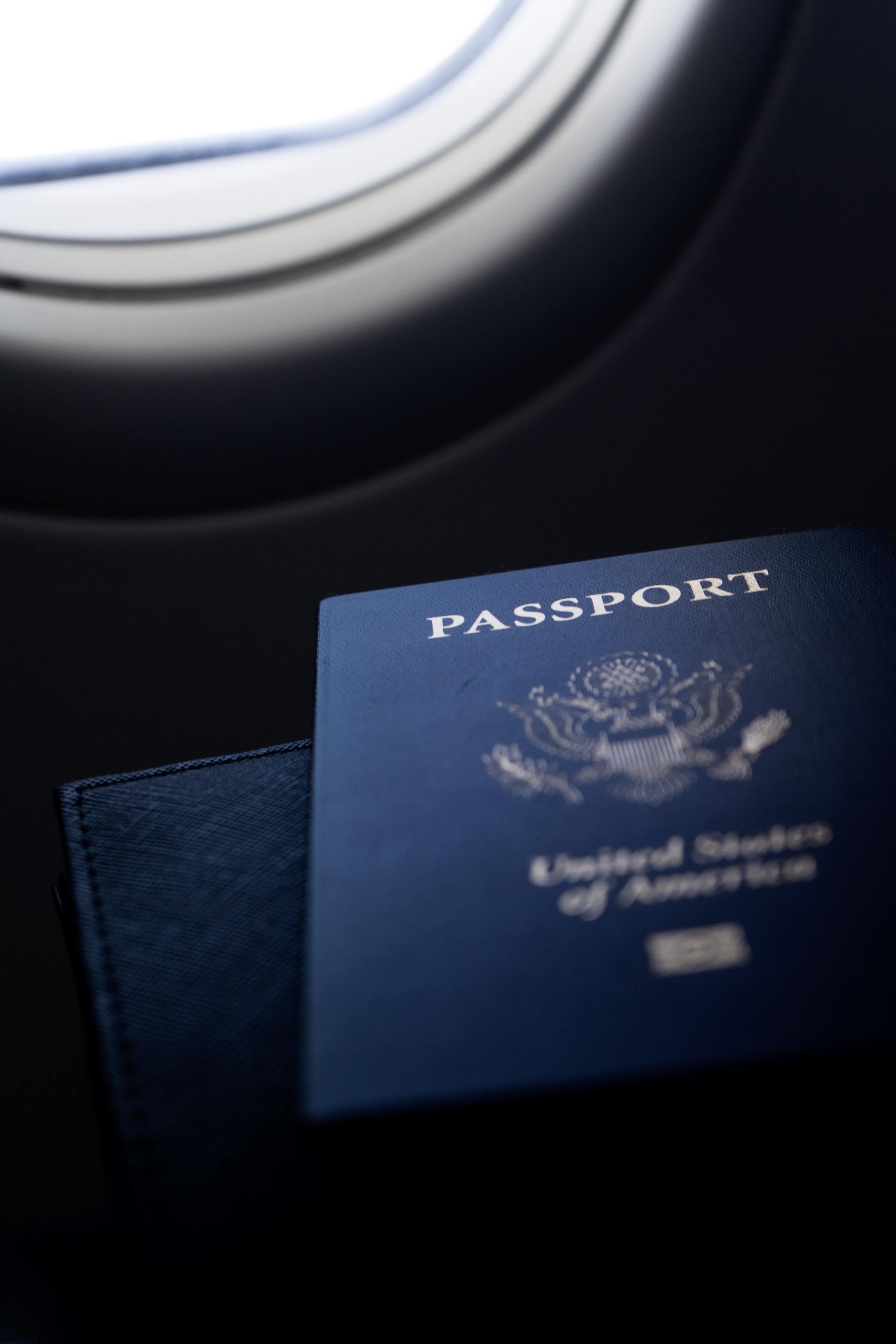Удаление состояния (I-751)
Если вы получили свой условный статус постоянного жителя в результате брака с гражданином США или законного постоянного жителя, или будучи принятым в Соединенные Штаты в качестве жениха (жениха) гражданина США (и затем вступив в брак с гражданином США), ваш статус условного постоянного жителя действителен только два года и не может быть продлен. Вы должны подать петицию об отмене условий статуса постоянного жителя, иначе рискуете потерять свой законный статус.
Классификация
Вы можете подать заявление на отмену условий вашего статуса постоянного проживания на основании брака, если вы: По прошествии двух лет по-прежнему состоите в браке с тем же гражданином или постоянным жителем США. Вы можете включить своих детей в свое заявление, если они получили статус условного резидента либо в то же время, либо в течение 90 дней, что и вы. Является ли ребенок, получивший статус условного постоянного жителя на основании вашего родителя, и не может быть включен в список ваших родителей? заявление по уважительной причине, Вы вдова или вдовец, заключившие брак добросовестно, Вы заключили брак добросовестно, но брак распался в результате развода или расторжения брака, или Вы заключили брак добросовестно, но либо вы или ваш ребенок подвергся избиению или чрезвычайным лишениям со стороны вашего гражданина США или супруга, постоянного жителя. Совместные петиции Если вы хотите отменить условия вашего статуса постоянного жителя, вы должны подать совместную форму I-751 «Петиция об отмене условий» в течение 90 лет. -дневный период до истечения срока действия вашего статуса условного резидента. Если вы не подадите совместное ходатайство в течение этого 90-дневного периода, USCIS автоматически аннулирует ваш условный статус постоянного жителя и направит вас в процедуру выдворения. Если вы подали совместное ходатайство с опозданием, USCIS имеет право принять его, если: Вы докажете уважительную причину для поздней подачи; Имелись смягчающие обстоятельства, которые повлияли на вашу способность подать заявление в установленные сроки; и Иммиграционный суд еще не принял под юрисдикцию процедуру вашего выдворения. Отказ от требования по подаче совместного ходатайства Вы можете попросить отказаться от требования подавать форму I-751 совместно с вашим супругом. Вы должны доказать, что: Депортация или выдворение из Соединенных Штатов приведет к чрезвычайным трудностям; Вы вступили в соответствующий брак добросовестно, но брак был расторгнут (не по причине смерти); или Вы добросовестно заключили отвечающий критериям брак, но во время брака вы или ваш ребенок подвергались избиениям или чрезвычайным лишениям со стороны вашего гражданина США или законного постоянного жителя супруга или родителя. Источник: uscis.gov
Наши иммиграционные адвокаты имеют большой опыт работы в иммиграционном законодательстве и могут гарантировать вам компетентное и эффективное юридическое представительство. Запишитесь на прием онлайн (лично или по телефону), чтобы узнать больше о том, как подать петицию об отмене условий статуса постоянного жителя в Соединенных Штатах.
Вопросы
По любым дополнительным вопросам вы можете связаться с нашим офисом, записавшись к нам на прием.
Сообщения в блоге

Your conditional resident status is only valid for 2 years. In order to prevent losing lawful status in the United States, you must submit Form I-751, Petition to Remove Conditions on Residence, 90 days before your conditional green card expires. It is critical that you file Form I-751 to remove the conditions in a timely manner because if it is not, you may risk being left without status and the U.S. Department of Homeland Security may issue you a Notice to Appear and place you in removal proceedings before an Immigration Judge.

Click here to read this article in Portuguese and Spanish If you and your spouse were married for less than 2 years at the time of your I-485 ( Adjustment of Status ) interview and your application was approved, your lawful permanent resident status is conditional and a separate petition to remove those conditions (I-751 petition) must be filed within 90 days of the expiration date on your Green Card. An I-751 petition is a joint petition, filed by the Green Card holder and their spouse, that requests USCIS remove the conditions and issue you permanent resident status and a new 10-year Green Card. However, what if after filing the I-751 petition, you and your spouse decide to get divorced? In such situations, the Green Card holder can request a waiver of the joint petition filing requirement and submit this request with their I-751 petition. Even if you are requesting an I-751 waiver, you must still show that the marriage was originally entered into in good faith. This means that you will still need to prove to USCIS that you entered into the marriage for love and not just to obtain a Green Card. Evidence of good faith can include, but is not limited to, the marriage certificate, joint documents, birth certificates of children born of the marriage, etc. Documentation that can/should be submitted with your I-751 waiver request include copy of your green card, documentation regarding the circumstances surrounding the end of your marriage, evidence that the marriage was entered into in good faith, copy of the divorce decree (or evidence that divorce proceedings have been initiated if not yet final), statement from you regarding the circumstances, etc. USCIS reviews waiver requests on a case-by-case basis. Current USCIS policy guidance indicates that if a waiver request is made and the divorce is not yet final, USCIS should issue a Request for Evidence (RFE) with a response period of up to 87 days. In the RFE, the officer will request that you provide a copy of the final divorce decree and a statement from you officially asking that the I-751 petition be converted to a waiver application (if not already provided), along with any other documents they deem necessary to decide the case. As long as you can provide these documents to USCIS by the response deadline, the officer can amend the I-751 petition indicating that you are eligible for a waiver based on the termination of the marriage and can adjudicate the petition as such without the need to re-file the application. USCIS will then evaluate whether or not the good faith requirement has been met and may schedule the case for an in-person interview. If the application is approved, then you will be issued your 10-year Green Card. If the application is denied, then your case may be referred to immigration court and you may be placed in removal proceedings. I-751 waiver cases are a complicated matter. If you or someone you know find themselves in a situation like the one mentioned above, please contact our experienced immigration attorneys at Santos Lloyd Law Firm for assistance with your case.







